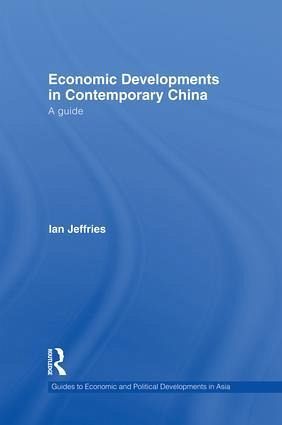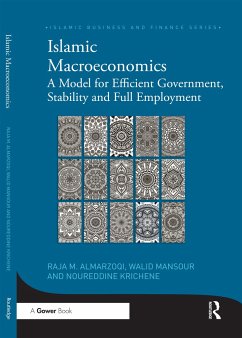
Economic Developments in Contemporary China
A Guide
Versandkostenfrei!
Versandfertig in 1-2 Wochen
32,99 €
inkl. MwSt.
Weitere Ausgaben:

PAYBACK Punkte
16 °P sammeln!
China's role in global affairs today continues to rise. This book provides an authoritative, comprehensive and detailed overview of contemporary economic developments in China. Key topics include¿agriculture; the market gradually replacing central planning; the global financial crisis; the reform of state-owned industrial enterprises; the non-state sectors; the 'open-door' policy (including the WTO, exchange rate policy, and inward and outward direct foreign investment); and China's economic performance in general.¿ The book continues - and adds to - the overview of developments up to May 20...
China's role in global affairs today continues to rise. This book provides an authoritative, comprehensive and detailed overview of contemporary economic developments in China. Key topics include¿agriculture; the market gradually replacing central planning; the global financial crisis; the reform of state-owned industrial enterprises; the non-state sectors; the 'open-door' policy (including the WTO, exchange rate policy, and inward and outward direct foreign investment); and China's economic performance in general.¿ The book continues - and adds to - the overview of developments up to May 2006 which were covered in the author's China: A Guide to Economic and Political Developments (2006), and is the companion volume to Political Developments in Contemporary China: A Guide (2010) - both published by Routledge.













